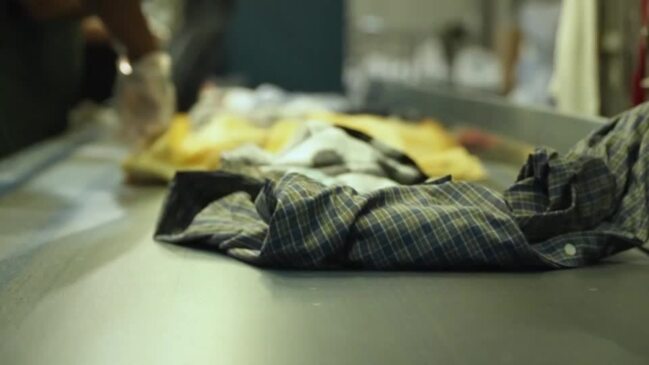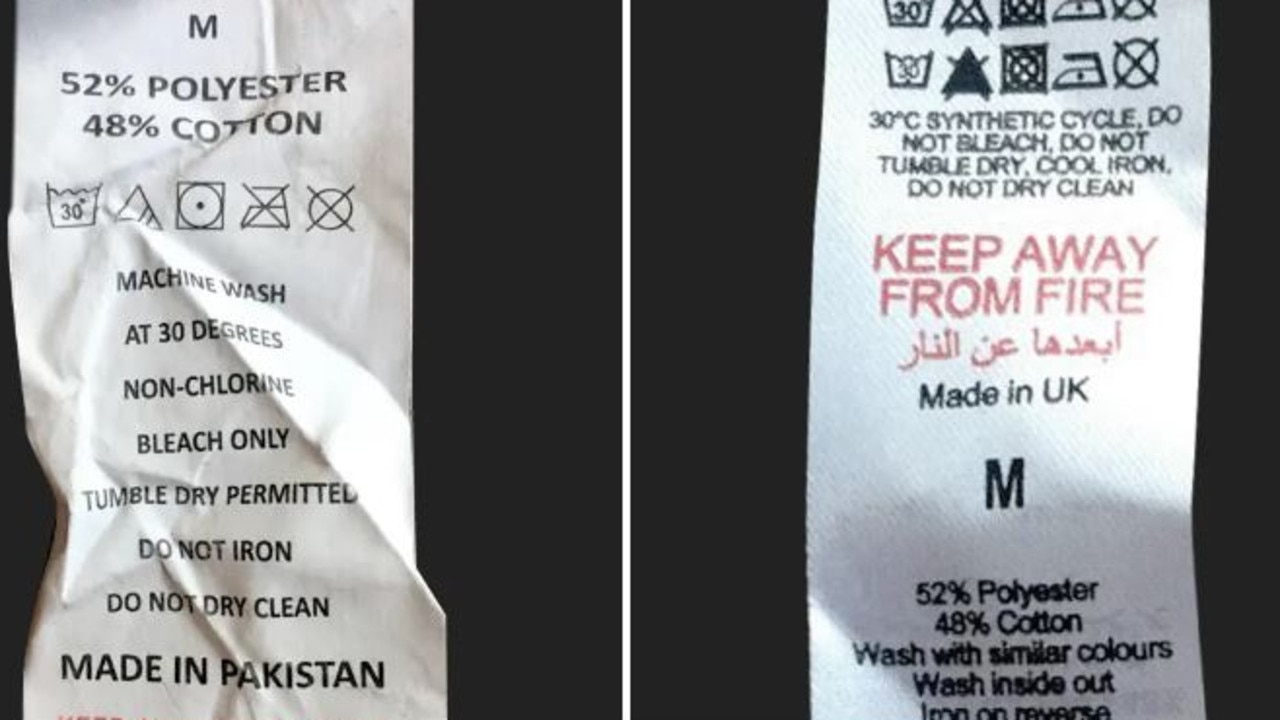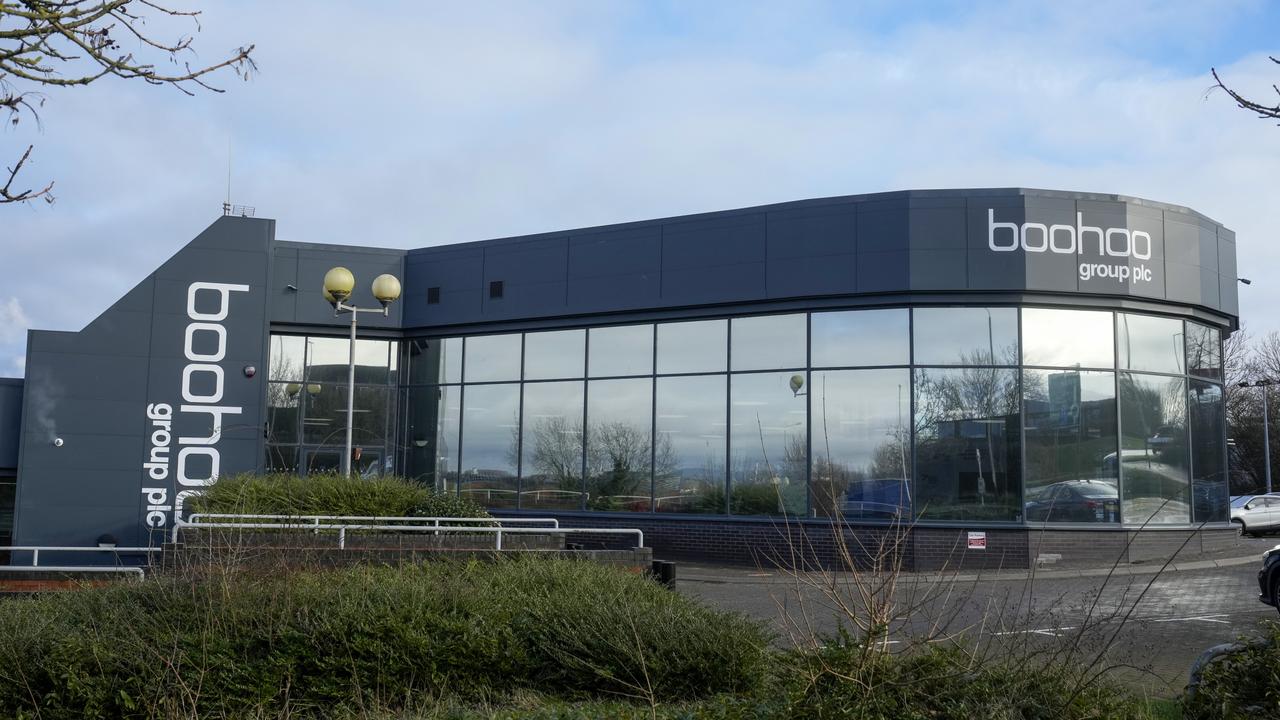Fast fashion giant Boohoo caught out in label switch
A global retailer has admitted to a major error that may have affected hundreds of thousands of its clothes and could “potentially mislead consumers”.

UK fast fashion giant Boohoo has admitted to a major labelling error that may have affected hundreds of thousands of its clothes and could “potentially mislead consumers”.
According to the BBC, the company replaced country of origin labels on items that were made in Asia with labels that instead said the items were made in the UK.
The BBC said that the items involved were plain T-shirts and hoodies made in Pakistan and other Asian countries that had their original labels removed at Boohoo’s flagship UK factory between January and October 2023.
It estimates that the relabelling affected up to one in 250 of Boohoo’s global supply of garments – or hundreds of thousands of clothes – during that time.

In a response to the claims, Boohoo told the BBC the labels were replaced due to “human error” in an isolated incident that stemmed from a misinterpretation of labelling rules.
Boohoo would not provide precise figures on the number of items affected but a company spokesperson said: “We have taken steps to ensure this does not happen again”.
Sylvia Rook, lead officer for fair trading at the UK’s Chartered Trading Standards Institute, said replacing country-of-origin labels “could potentially mislead consumers”.
The Boohoo Group’s portfolio of fashion businesses include Boohoo, Boohoo Man, Karen Millen, Nasty Gal, PrettyLittleThing, Coast, MissPap, Oasis, Warehouse, Burton London, Wallis, Dorothy Perkins and UK department store Debenhams.
In the year ending February 28, 2023 it reported global sales of £1.8 billion (A$3.4 billion), for a gross profit of £63.3 million (A$120.5 million)

News has also emerged that the company is considering closing its flagship factory in the UK where the relabelling took place, Thurmaston Lane, in Leicester.
The site was only opened two years ago and was promoted by the retailer as a manufacturing centre of excellence, with end-to-end garment production in the UK.
A Boohoo spokesperson told the BBC: “As in any retail business, the role of our sites continues to evolve over time and following significant investments at our Sheffield distribution centre and the opening of a new distribution centre in the US, we must now take steps to continue to ensure we are a more efficient, productive and strengthened business.
“All these factors have led us to make the difficult decision to consider relocating some of the operations at Thurmaston Lane and consider the closure of the site in due course.”
The spokesperson added: “We are now in a period of consultation and are working closely with all affected colleagues to ensure they are fully supported during this process.”
The company denied its plans to close Thurmaston Lane were linked to the relabelling saga.

It’s the latest in a line of controversies for the global fast-fashion empire.
In 2020, Boohoo pledged to overhaul its practices following reports that staff making its clothes at a factory in Leicester were working in unsafe conditions and being paid below minimum wage.
Following those allegations, the company employed a senior barrister, Alison Levitt KC, to review its supply chain, who found the allegations to be “substantially true”.





